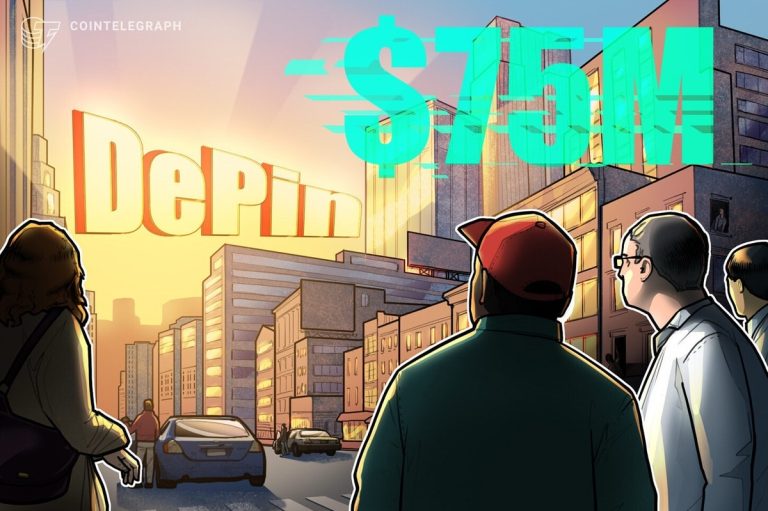Daylight, a decentralized physical infrastructure network (DePIN) project focused on creating a distributed solar energy grid, has raised $75 million to expand its network of solar coverage in the United States.
Daylight offers solar power as a subscription-based service to customers, removing the high upfront cost of purchasing and installing panels and batteries, which can cost consumers over $30,000. The project’s testnet went live in 2024.
The network generates revenue through its subscription-based energy service and by feeding excess energy back to the power grid. Customers share in the revenues by earning “sun points” for contributing to the decentralized solar grid, with plans to introduce a token in the future.
The funding round includes venture capital firms Framework Ventures, a16z Crypto, Lerer Hippeau, M13, Room40 Ventures, EV3 and Turtle Hill Capital, according to an announcement from Daylight.
DePINs showcase how decentralized technology can have real-world use cases through aligning customer and business incentives to create robust community-owned infrastructure that parallels the centralized, legacy system.
Related: SEC clears DePIN tokens as ‘fundamentally’ outside jurisdiction
The current energy grid can’t handle high-performance computing needs
Artificial intelligence data centers and other high-performance computing facilities such as crypto miners require significant energy input, which places strain on the power grid.
The increased demand from the tech sector could also raise prices for consumers. Wholesale energy prices in proximity to data centers have surged a whopping 267% since 2020, according to Bloomberg.
AI training and the centralized data centers that power AI could trigger a global energy crisis, Greg Osuri, founder of Akash Network, an open-source marketplace where users can provide and purchase computing power, told Cointelegraph.
The solution to this is to decentralize the data center business by pulling computing power from distributed sources, including consumer-grade personal computers equipped with graphics cards and enterprises running industrial-grade computer processors.
“Once incentives are figured out, this will take off like mining did,” he told Cointelegraph in September.
Tech behemoths like Google, Amazon, Meta and Microsoft are already exploring alternative energy sources to fuel their AI data centers and reduce reliance on the electrical grid.
Amazon signed a deal with Talen Energy in June for 1,920 megawatts (MW) of nuclear power for its AI data centers and service facilities in Pennsylvania.
Magazine: The blockchain projects making renewable energy a reality


